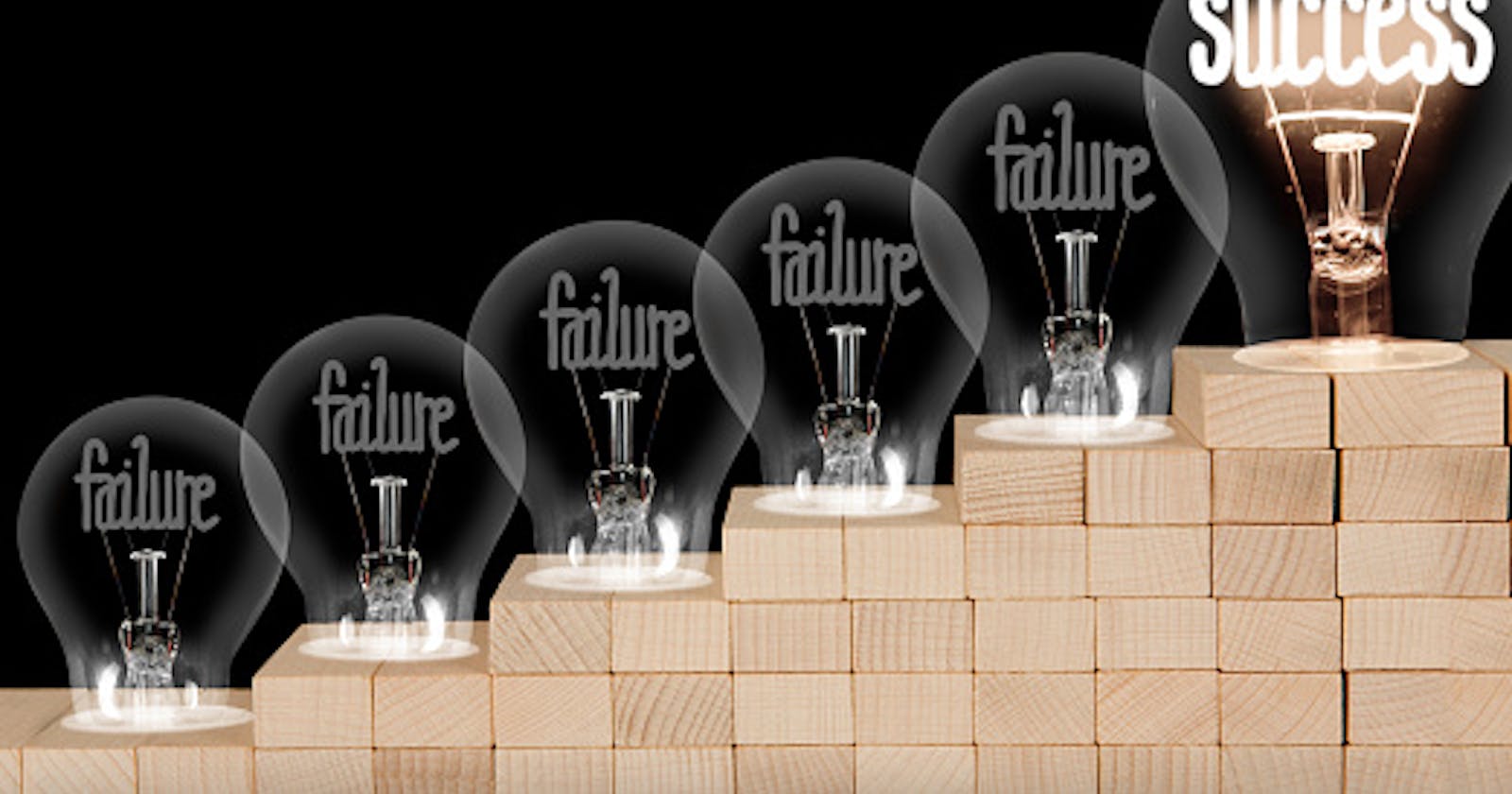Table of contents
No headings in the article.
Introduction
Before a string of failures in my tech career, I was used to succeeding with a few failures that I never learned from. But lately, I have been deliberate about analyzing the actions and steps taken and their resulting consequences. The aftermath of this discovery was the "Law of Causes and Effects" playing out. This has been extremely important to the mental model that I have used throughout my life's journey as an IT professional.
In this article, I will be writing about my failures and successes and how it was significant to shaping my tech journeys, let's journey together.
How it all Started
I could clearly remember how I began my journey into tech after I quit teaching at a primary school just a few weeks after my engagement. It was exhilarating because, as of then, I was looking forward to a great opportunity to fully launch into technology so I could begin to physically paint and implement some pictures created in my mind during my studies at the university.
This zeal was sustained for a long time, at this period I tasked myself to learn as much as I could and starting with a well-curated cloud computing course created a smooth path for me to work in.
My success and failures
For the first few months of my journey, it was a blow. I could relate to what was taught, and I passed the certification exams I took while also attending a side business training.
During this period, I was carried away and didn't pay so much attention to some minute failures, which I should have re-engineered as a source of learning through constant re-evaluation. This happened because I didn't realize in time that even if you made a 90 percent mark, there are still some things you couldn't grasp that caused a 10 percent failure.
The neglect of my inadequacies, which caused the 10 percent failure, led to a series of struggles in accomplishing tasks and even caused me to fail a core certification exam. At this time, I almost lost grip of those factors that I could conveniently control initially, until it dawned on me that it's not about failure or success, but what's next after a failure or success.
Lesson learned
Understanding what failure meant through experience was key to a better view of failures as events rather than situations whose outcome can be a "head" or a "tail." Also, I realized that learning happens more when we experience failure, given a substantial level of the "grit factor." According to Thomas Edison's experience, failure has the potency to increase the chances of getting it right because, by failing, you discover combinations of factors that don't give a desirable result.
Conclusion
So, dearest, are you encountering events that seem to indicate that you're not getting the desired result? Just don't give up or give in. Keep pushing; you just got closer to the mark you sought with those series of failed attempts. Also, keep in mind that just one win can mask the effect of a million losses.
